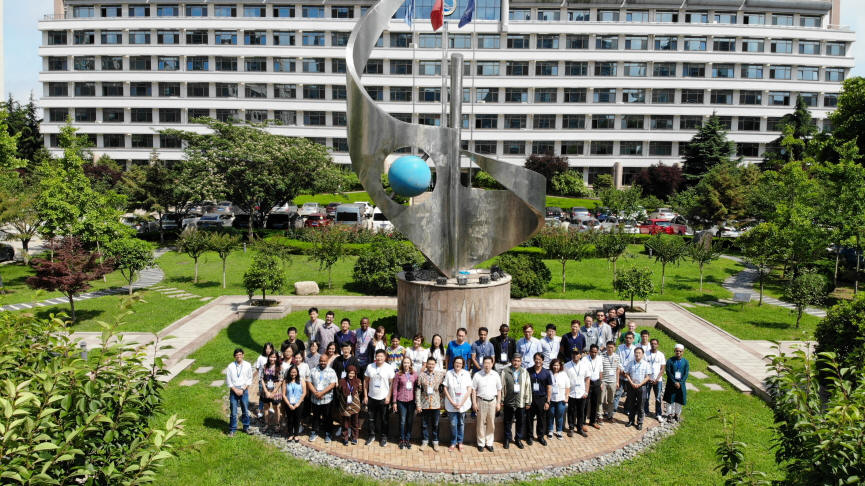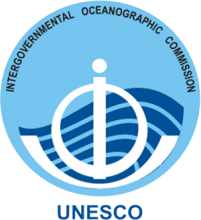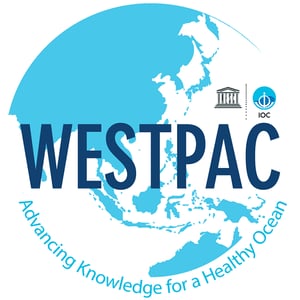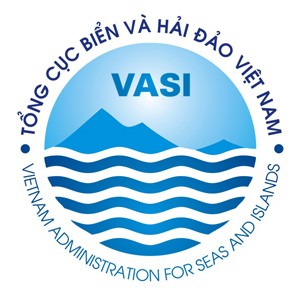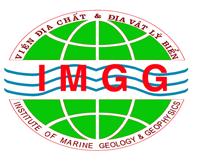The eighth ODC training course on Ocean Forecast System was held on 2-7 July 2018, back to back with the CLIVAR-FIO Summer School from 25 June to 1 July 2018 in Qingdao, China. 47 selected young scientists from 27 countries (Argentina, Bangladesh, Brazil, Cameroon, Cuba, Ecuador, Egypt, Ethiopia, Germany, Guatemala, India, Indonesia, Iran, Kenya, Korea, Malaysia, Mexico, Netherlands, Nigeria, Pakistan, Philippines, Polish, Russia, Sri Lankan, Thailand, USA, Vietnam and China) and 7 reputed experts gathered for a week long international training at the UNESCO/IOC Regional Training and Research Center on Ocean Dynamics and Climate (RTRC-ODC center), learning and sharing the knowledge about ocean forecasting techniques, model development, data assimilation and interpretation.
Ocean forecasting system provides essential forecast on ocean condition including surface wave, tide, ocean current, ocean temperature, and sea level et al. It can support a wide range of human activities such as transportation, fishery, tourism, conservation, oil spill response, and search and rescue operation at the sea.
The training featured a comprehensive introduction to the development of regional ocean forecasting systems with topics covering from ocean data assimilation, forecast of surface wave, tide and circulation, to interpretation of numerical results and present development practices of regional OFS. In addition, young scientists were grouped for various scientific discussions and hands-on exercises for setting up regional tidal and circulation forecast models, SST assimilation in a coastal model, model validation and forecast result visualization. Four trainees were finally awarded the best trainees.
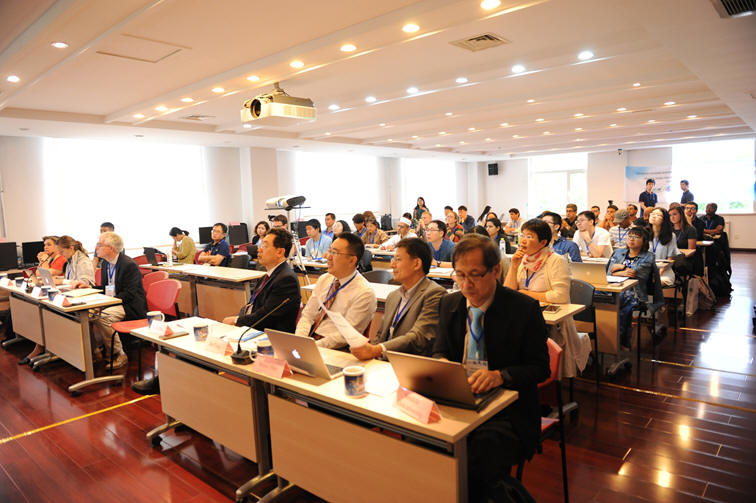
The series of ODC trainings is part of the capacity development efforts that the Sub-Commission launched to cater to the needs of countries in the region to address their development challenges. It constitutes an essential cornerstone for the development of an Ocean Forecasting System for the region, demonstrating the Sub-Commission’s voluntary commitment to the UN Ocean Conference’s call for action on the implementation of SDG 14: Conserve and Sustainably use oceans, coasts, and marine resources for sustainable development.
The training this year is the eighth one that the RTRC-ODC was committed since 2011 to assisting other developing countries, particularly these in the region, in developing their ocean forecasting capacities. “A total of 359 young scientists from more than 43 countries in the world were accepted for the whole eight courses,” Fangli Qiao, Director of the RTRC-ODC center, added: “We are truly delighted to network young scientists from the world and help them further develop their research collaborations.”
Source: WESTPAC and FIO


